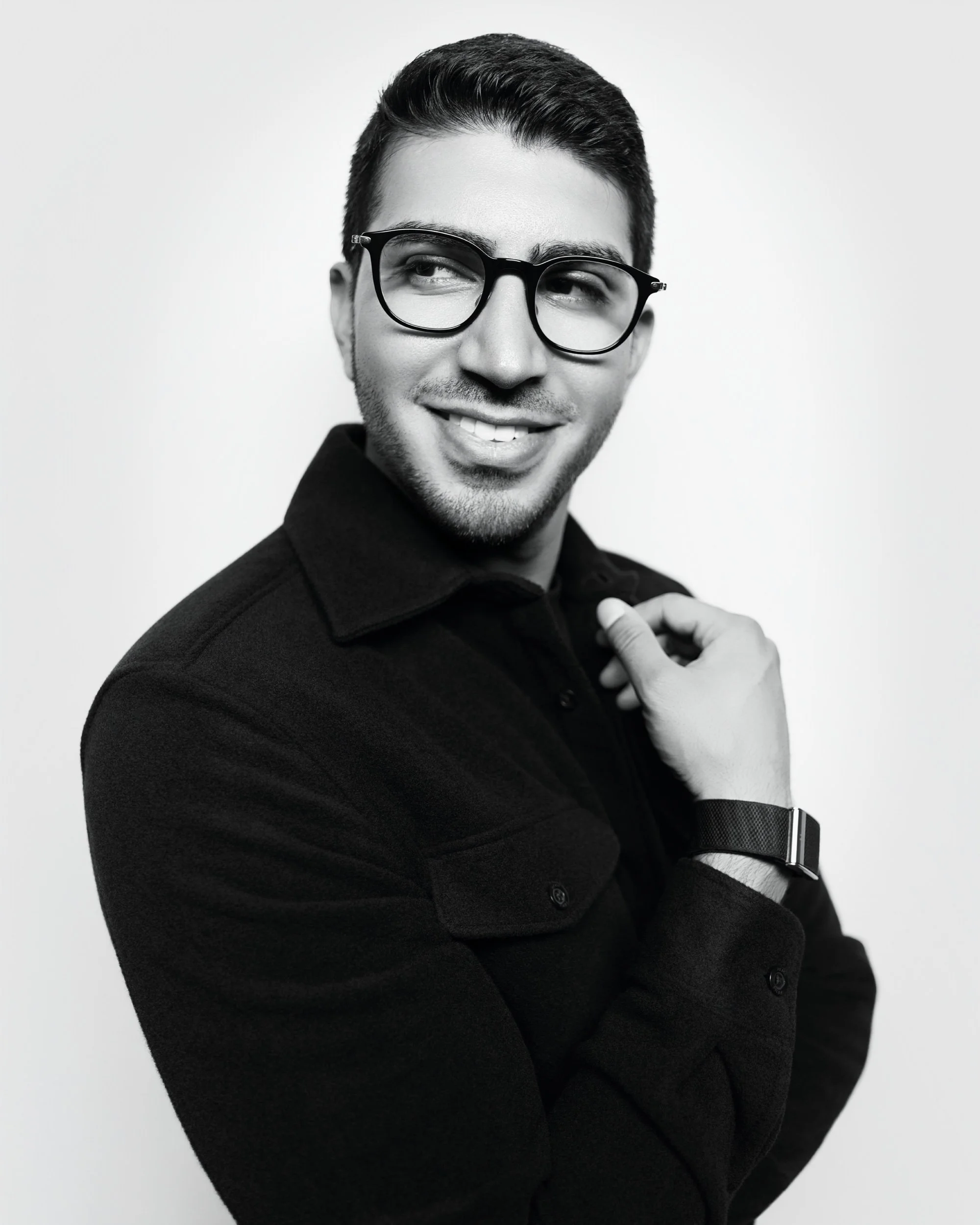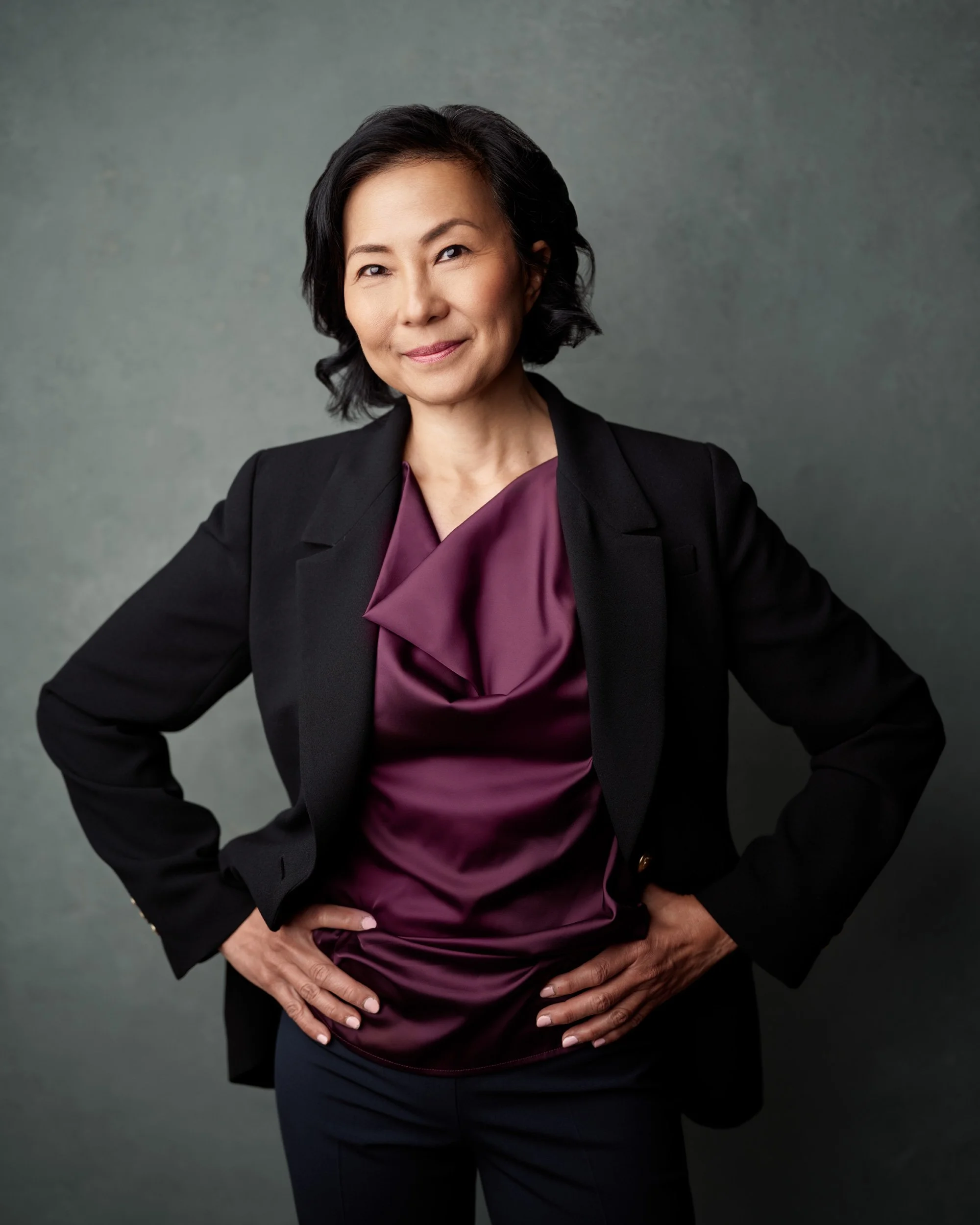Speaker Bio Headshots That Boost Your Visibility at Conferences
The Challenge for Speakers and Presenters
When you speak at a conference, people start judging about you before you ever step on stage. Your headshot in the program or event website is often the first thing they see. If that image is flat, outdated, or plain, you’ve already missed a chance to connect.
The right speaker bio headshot can improve how audiences, peers, and event organizers see you before you speak.
Why Your Speaker Bio Headshot Matters
A solid speaker bio headshot is more than a nice photo. It’s a cue to your audience and event organizers that you take your role seriously. It shows your professional look, your personality, and your confidence.
In a 2023 survey from EventMB, 78% of event organizers said that a clean, real speaker headshot gets more people interested in a session. That’s a lot of effect from one photo.
Building Trust Before You Speak
Audiences trust speakers who look friendly and confident. If your image looks stiff, flat, or too staged, people feel a gap. The right headshot pulls people in before you even open your mouth.
Your headshot should reflect who you are in the moments when you’re at your best; engaging, trusted, and ready to help the room. I think simple, honest edits beat heavy retouching.
Networking and Reputation
Event networking often starts online, long before the conference begins. Other professionals, reporters, and possible clients browse event websites and speaker directories. A great headshot can start conversations before you arrive.
When people remember your face from your headshot, they’re more likely to come up to you in person. That can turn casual introductions into real chances to build your name.
Why Many Headshots Fall Short
Many photographers deliver cookie-cutter results: same poses, same lighting, same background for everyone. This strips away personality and makes speakers blend together.
AI-generated headshots are even riskier. They often smooth over real features or create subtle distortions that make the image feel “off.” For someone representing their personal brand at a major event, that inauthenticity can be a problem.
Creating a Headshot That Matches Your Brand
At S72, I work with every client to capture an image that fits your personality and brand. Your headshot should align with the message you want to send. That means a style, expression, and tone that feel natural to you, not a one-size-fits-all setup.
We’ll plan the shoot around your conference goals:
What kind of audience will see you?
How do you want to be perceived?
What emotions or values do you want to communicate?
The S72 Approach
Every speaker is different, so the process is collaborative. I’ll guide you on expression, posture, and subtle adjustments that make a big impact on camera. We’ll review images together during the shoot, so you can see exactly what’s working.
When you leave, you’ll have a headshot that:
Shows your personality while keeping a polished look.
Helps you connect with audiences before you speak.
Could Your Current Headshot Be Holding You Back?
Think about the conferences or events you’ve joined recently. Would your headshot make someone want to come to your session? Or could it do the opposite? A professional image that matches your brand can change how people see you, and how often you’re invited to speak.
Article FAQ
What makes a great speaker bio headshot?
It should reflect your personality, convey professionalism, and connect with your audience before you speak. Lighting, expression, and composition all matter.
How often should I update my headshot?
Every 2–3 years, or sooner if your appearance changes noticeably or your brand evolves.
Can I use the same headshot for multiple events?
Yes, as long as it’s recent and relevant. A strong headshot can serve across events, websites, and social media.
Why avoid AI-generated headshots?
AI often removes natural detail and can create unrealistic results. This can make you appear less authentic to event audiences and organizers.


